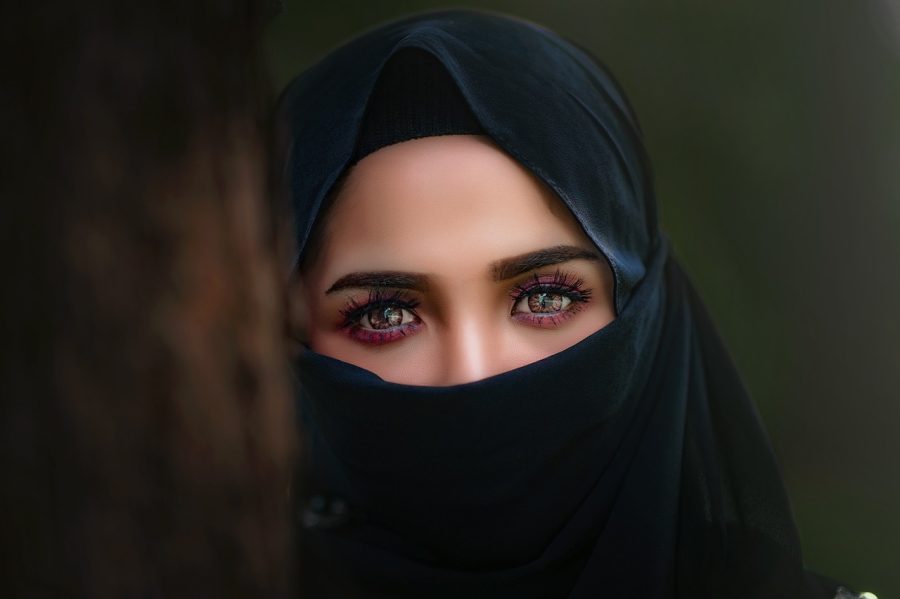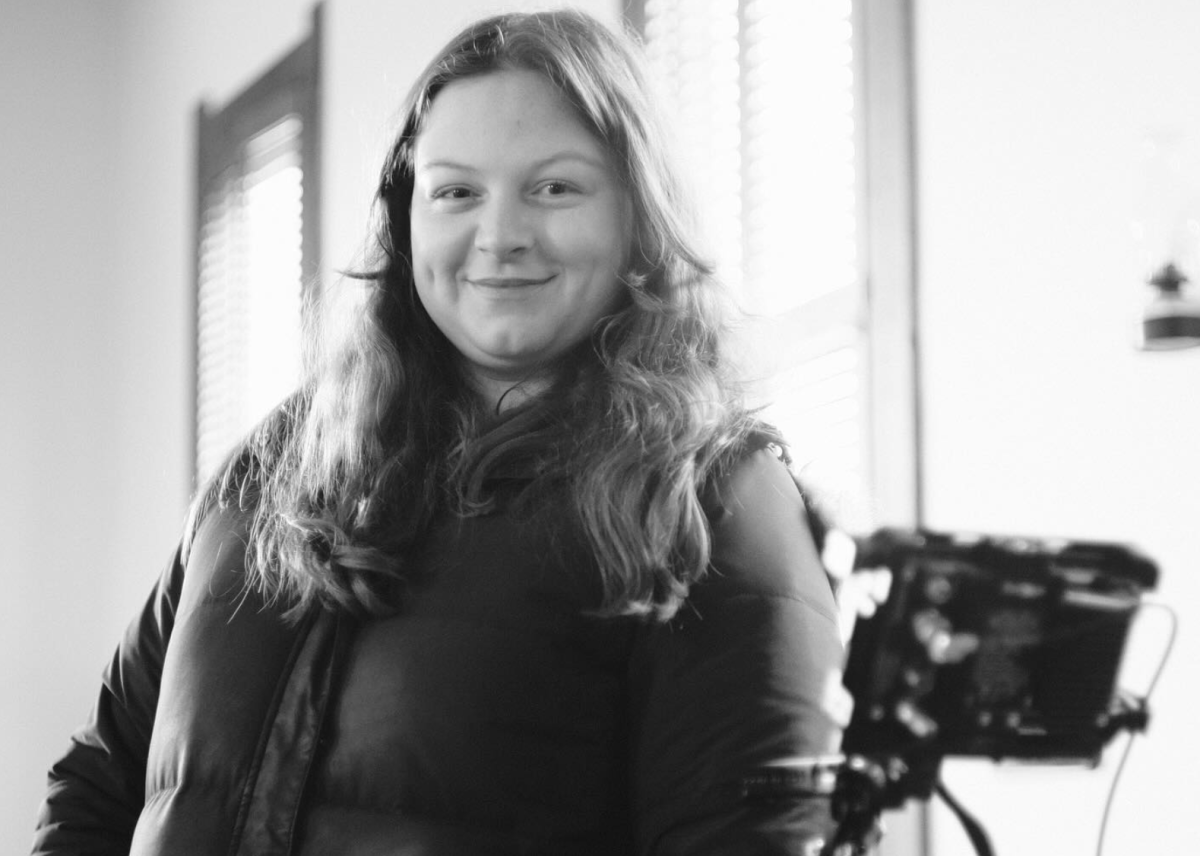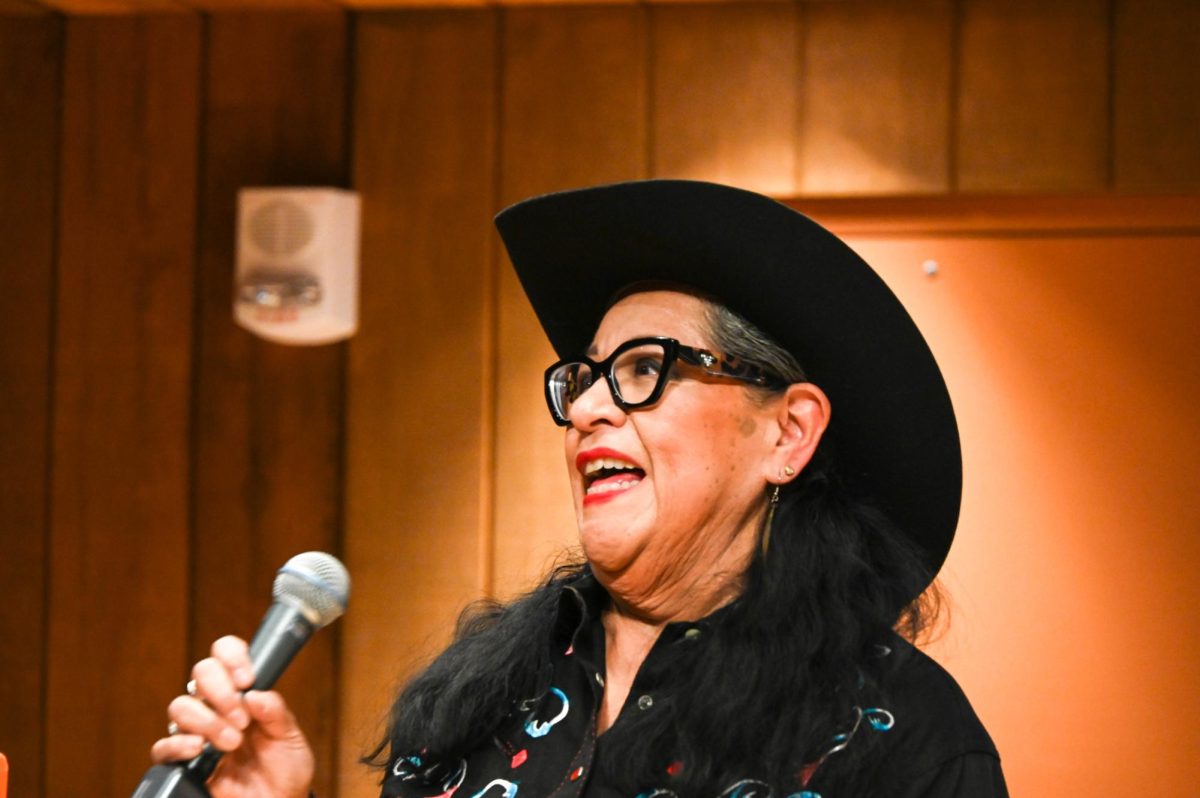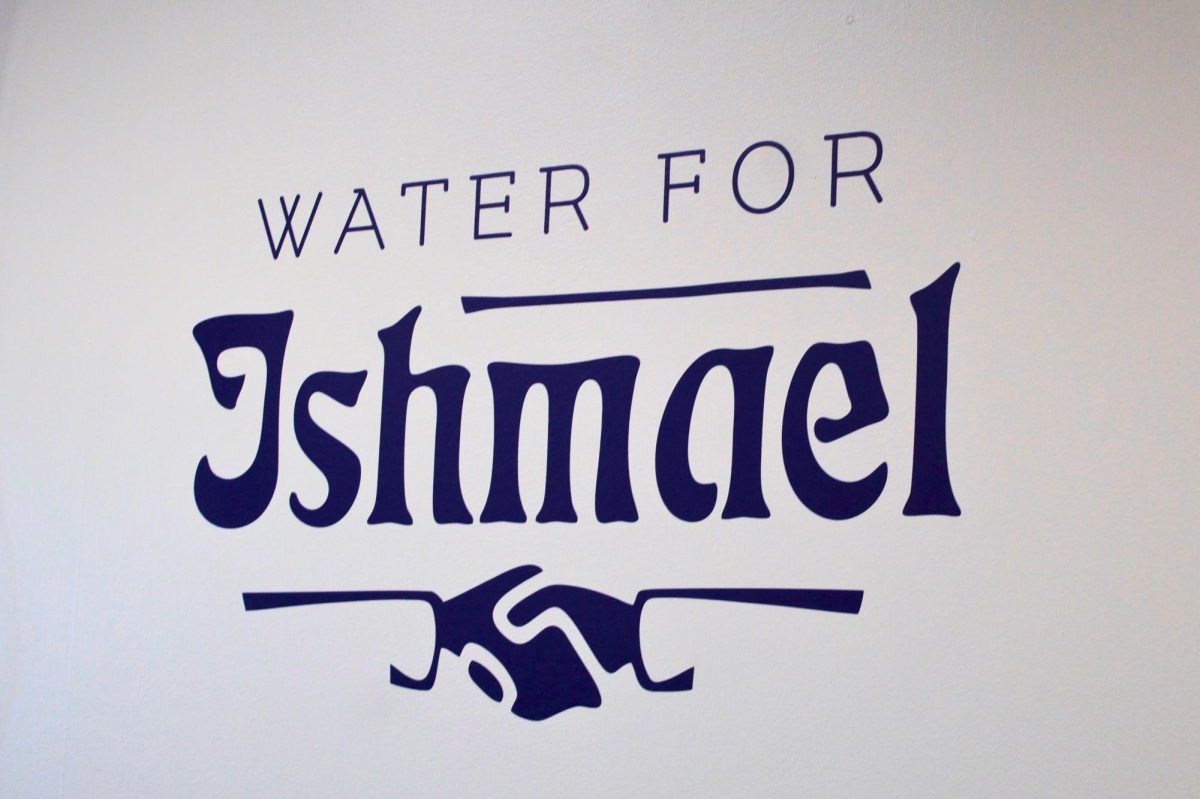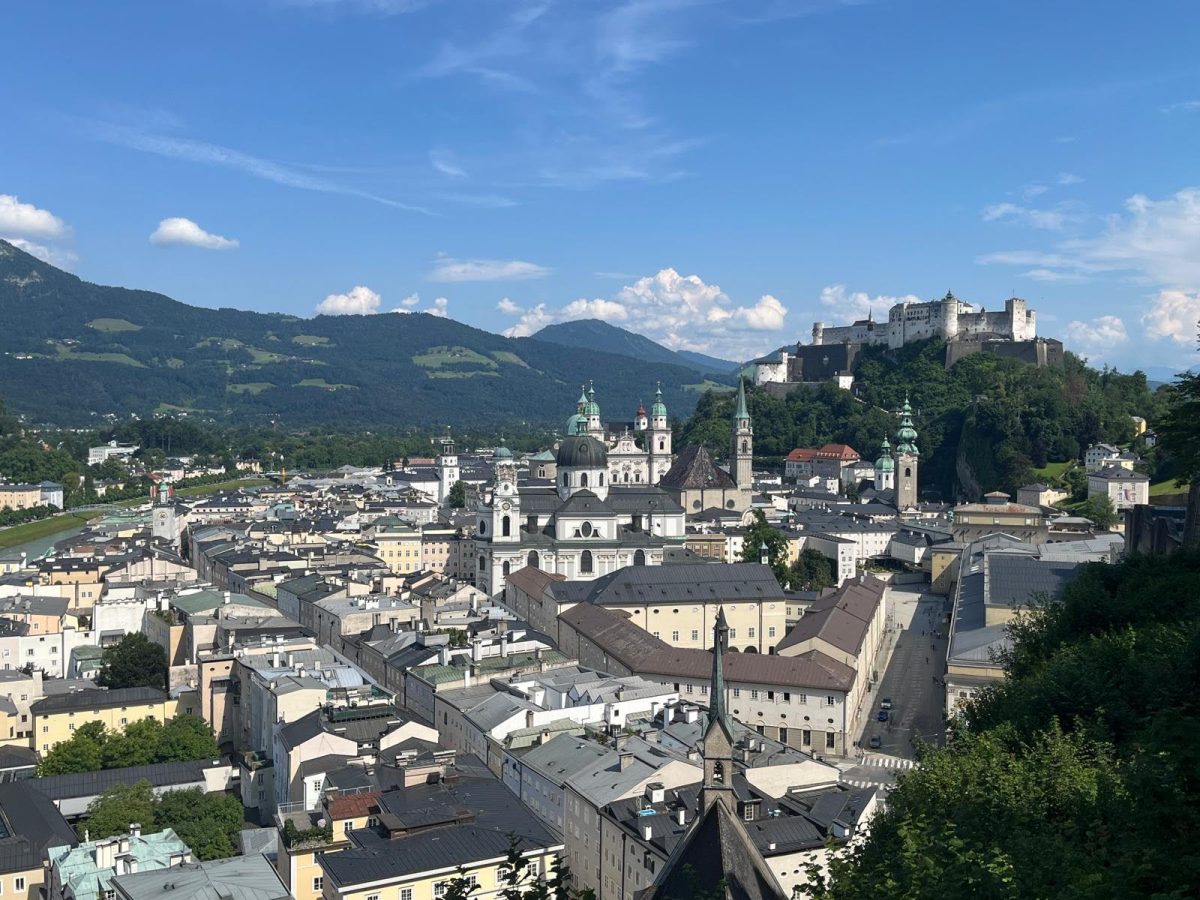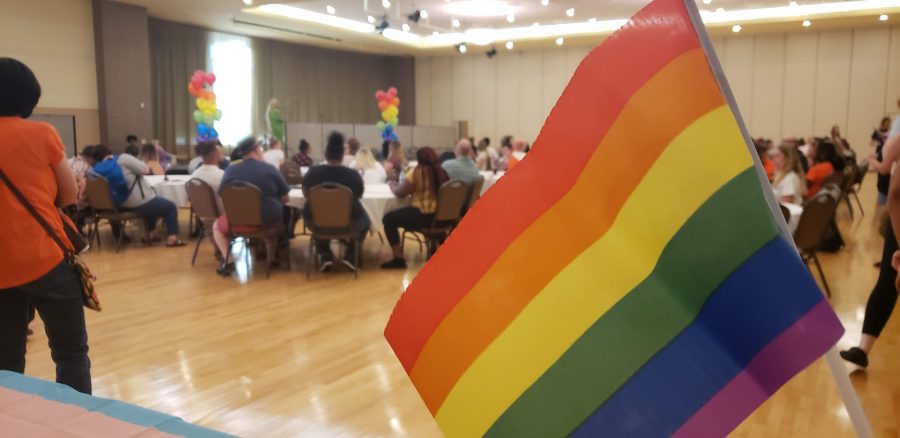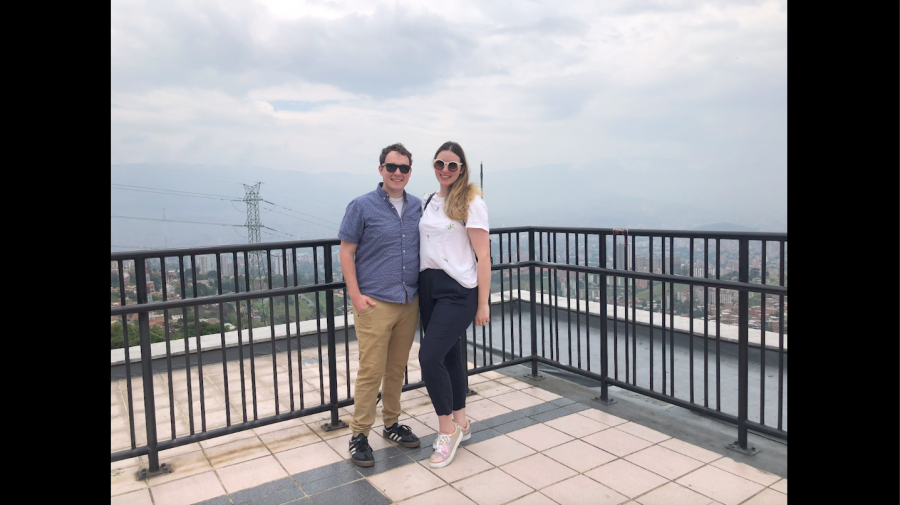Protests worldwide are demanding freedom and justice in Iran following the death of Mahsa Amini on Sept. 16 after being arrested by the Iranian Morality Police, according to The Guardian.
According to Time Magazine, Amini was arrested in Tehran after being found guilty of wearing her head scarf too loosely on Sept. 13.
Mahmud Rashed, a chemistry Ph. D. student and President of BGSU’s Muslim Student Association, said the current situation in Iran is affecting BGSU students from the middle east.
Around 1,400 years ago, the hijab was worn to protect oneself and to inform people of your marital status. However, today it is a choice.
“We don’t distinguish people by if you wear a hijab, then that means you’re Muslim and if you didn’t then that means you’re not,” Rashed said. “We have members that do not wear the hijab now. Do we ask for them (to wear a hijab)? No. As long as they come to us and they say ‘we are Muslims,’ we accept them as is.”
Since Amini’s death, there have been several arrests and over 41 people have been killed by riot police. The lack of Internet connection has made it increasingly difficult for the media to confirm the fatalities as protests grow in Iran.
“I feel sorry for anyone that dies while asking for their rights. Why? Why is the government killing you while you’re asking for your rights? It’s sad,” Rashed said. “I don’t agree that someone can take a place and say this is the religion, this is Islam, while it’s not.”
The once local protests have expanded internationally to express not only the restrictions on women but also to protest the current regime in Iran.
Protests took place in major cities, including Auckland, London, New York, Paris, Rome, Seoul, Stockholm, Zurich and Sydney, under the slogan “Women, Life, Liberty.”
According to the Atlantic Council, protests consist of women, young and old, who take off their hijabs, burn them in the street, and then dance to the chants of the crowd. Other protests have seen women cutting their hair and chanting, “death to the dictator.”
“The government, the police and the army are against you (in Iran), so if you are here as a student, you can’t focus because you’re afraid,” Rashed said. “The army (and) police are a part of the community and you can see right now how the government just makes the conflict between the people, between the community.”
A Sept. 22 press release from the United States Department of State explained how the United States is “imposing sanctions on Iran’s Morality Police and senior security officials who have engaged in serious human rights abuses.”
ABC News reported that Iran’s supreme leader, Ayatollah Ali Khamenei, broke his silence on Monday, Oct. 3, to blame the United States and Israel for planning the protests.
“This rioting was planned,” Khamenei said. “These riots and insecurities were designed by America and the Zionist regime, and their employees.”


